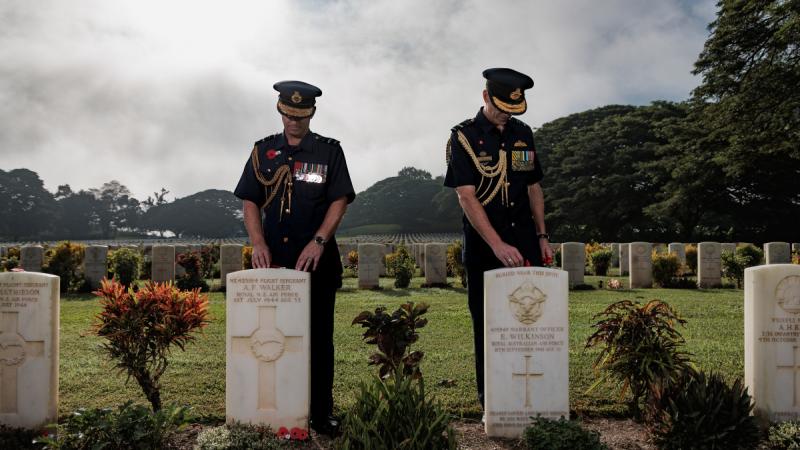Aboriginal women prisoners are getting an opportunity to learn hospitality skills under a pilot program aimed at creating sustainable work opportunities when they are released.
Up to 50 residents at the Boronia Pre-release Centre for Women will participate in the two-year pilot, which is funded by the State and Commonwealth governments.
Eight residents at a time will be trained in commercial kitchen work, catering and hospitality over a 16-week cycle.
The women will participate in industry-recognised training up to Certificate II level in Kitchen Operations, Retail Services, Cleaning Operations and Warehousing. Skills taught include customer service, logistics, infection control, food handling and barista techniques.
They will also receive lessons on Aboriginal language, and support and mentoring from Aboriginal leaders and industry qualified trainers.
The women will be given six months of post-release support involving private companies and not-for-profits to help them stay in work while adjusting to life in the community.
The Department of Justice developed the program in partnership with the National Indigenous Australians Agency, which includes $1.02 million in Commonwealth funding.
The course will be conducted at the Corrective Services Academy, where the newly named Yirra Djinda (‘rising stars’ in Noongar) kitchen/café is being upgraded to industry standards.
As stated by Corrective Services Minister Bill Johnston:
“The program offers Aboriginal women culturally safe work experience and jobs, which we know are crucial for former offenders reintegrating into the community.
“Making the transition from prison to work has historically been challenging, particularly for those experiencing intergenerational trauma, poor health and addiction issues.
“Having a job and an income is empowering. It enables full social and economic participation and supports healthy, safe homes and communities.
“We believe the program will support positive, sustainable pathways away from prison and crime and significantly reduce the risk of re-offending.”







